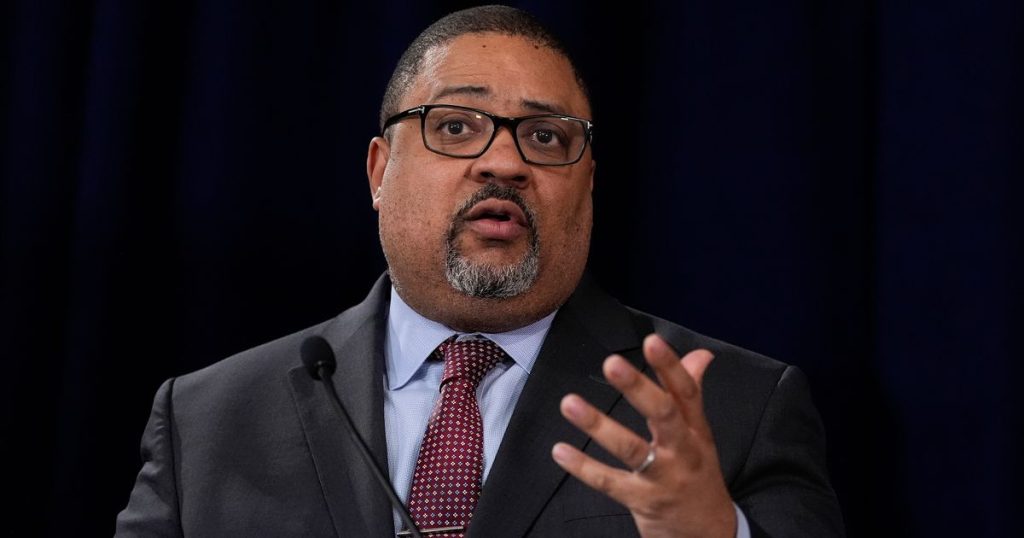Manhattan District Attorney Alvin Bragg has agreed to testify before Congress after securing a guilty verdict against former President Donald Trump on charges of falsifying business records. House Judiciary Chairman Jim Jordan requested Bragg’s testimony shortly after the historic verdict was announced. Bragg’s office rejected an initial proposed date for the testimony, citing the need to avoid potentially influencing Trump’s upcoming sentencing hearing. The Select Subcommittee on the Weaponization of the Federal Government, led by Jordan, has been established to address right-wing grievances and has invited Bragg to testify on the Trump case.
Members of Bragg’s office have expressed concerns about participating in a congressional hearing before Trump’s sentencing date, which is scheduled for July 11. They believe that discussing the case before this key milestone could undermine the fair administration of justice. Jordan has also invited prosecuting attorney Michael Colangelo to testify, hinting at potential partisan tensions surrounding the Trump trial. Trump and his allies have made baseless claims about political interference in the trial, suggesting that President Joe Biden was somehow involved in orchestrating the prosecution.
Colangelo, who previously worked for the Department of Justice, has become a target of right-wing criticism due to his involvement in the case against Trump. Critics have accused him of partisan collusion, overlooking the department’s historical independence from presidential influence. The Trump hush money trial was conducted at the state level, with Bragg’s office making the decision to prosecute independently of federal agencies. Despite the controversy surrounding the case, Bragg’s office remains focused on upholding the rule of law and ensuring a fair trial process for all parties involved.
The upcoming congressional hearing with Bragg and potentially Colangelo could shed light on the intricacies of the Trump case and the broader political implications of the trial. Jordan’s subcommittee aims to address concerns about the alleged weaponization of the federal government, particularly in relation to the prosecution of high-profile political figures. The invitation for Bragg to testify suggests a willingness to engage with key stakeholders and clarify any misconceptions about the Trump trial, which has sparked debate and controversy across party lines.
As the legal proceedings continue, questions remain about the impact of the Trump trial on future investigations and prosecutions involving public officials. The trial has reignited debates about the boundaries between political influence and judicial independence, raising concerns about the potential weaponization of legal processes for partisan gain. Bragg’s decision to testify before Congress underscores the importance of transparency and accountability in high-profile legal cases, emphasizing the need to uphold the rule of law and respect the integrity of the judicial system, regardless of political pressures.


